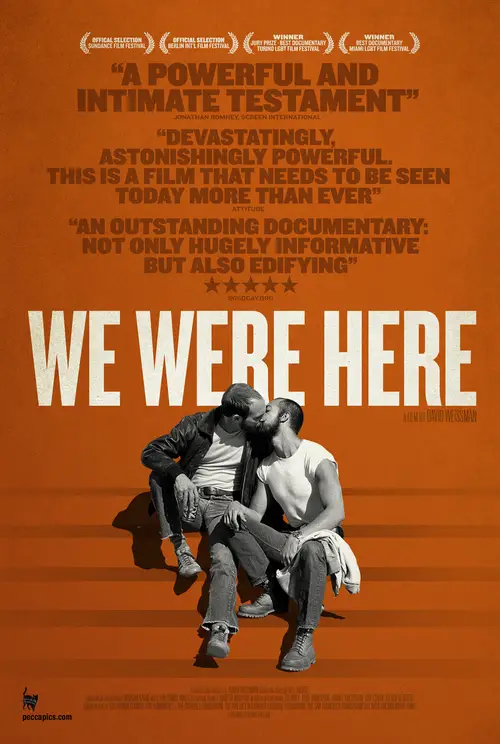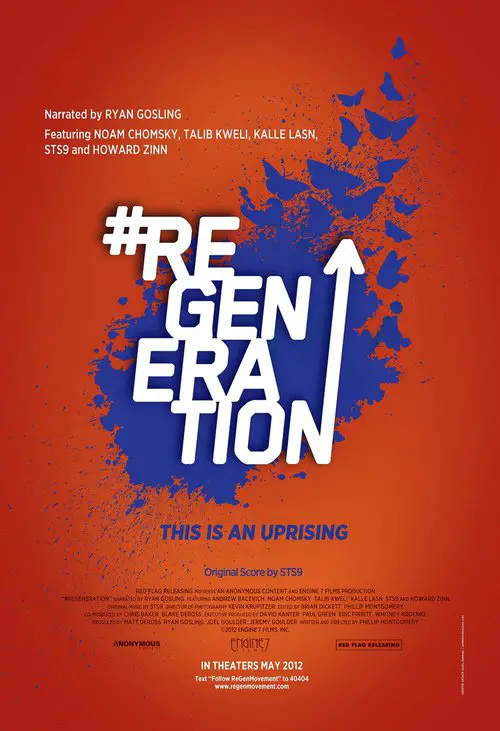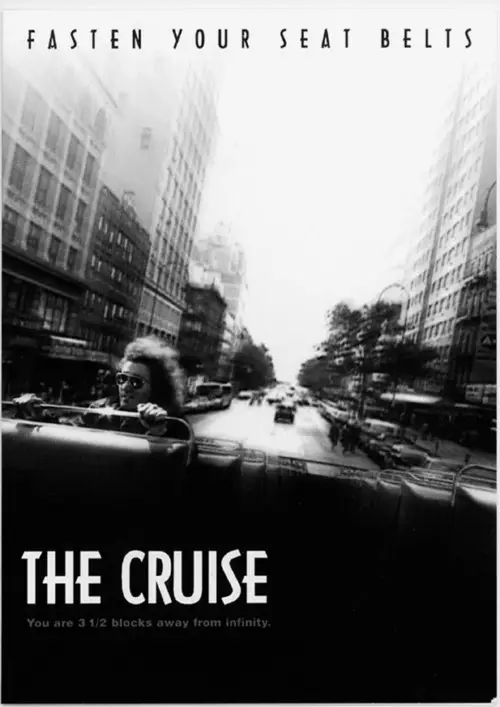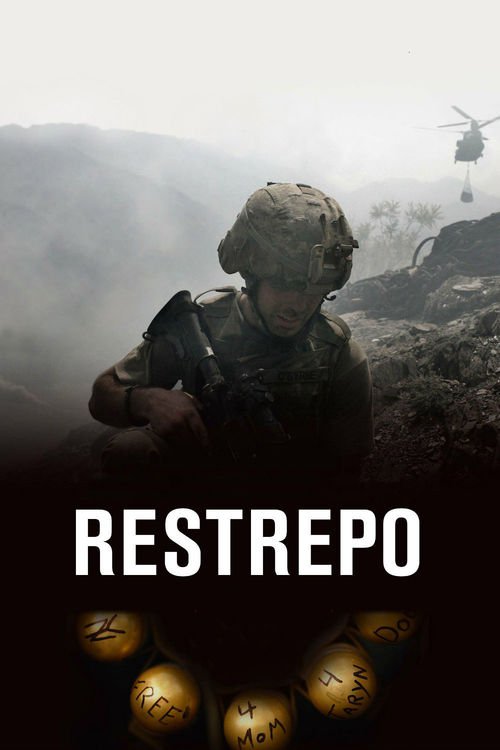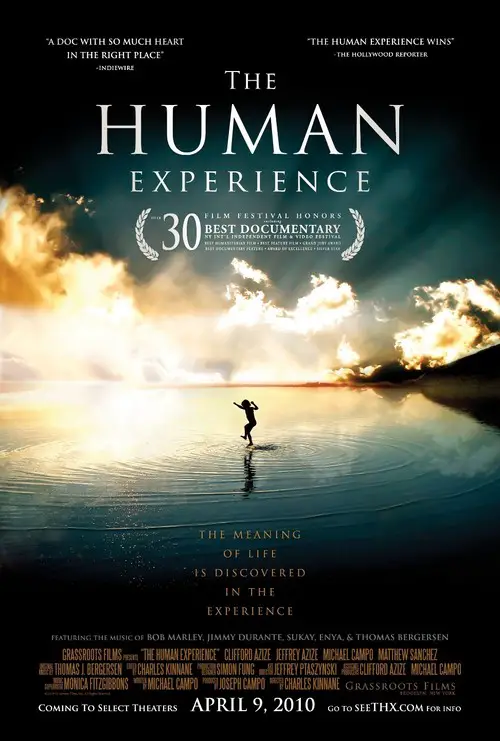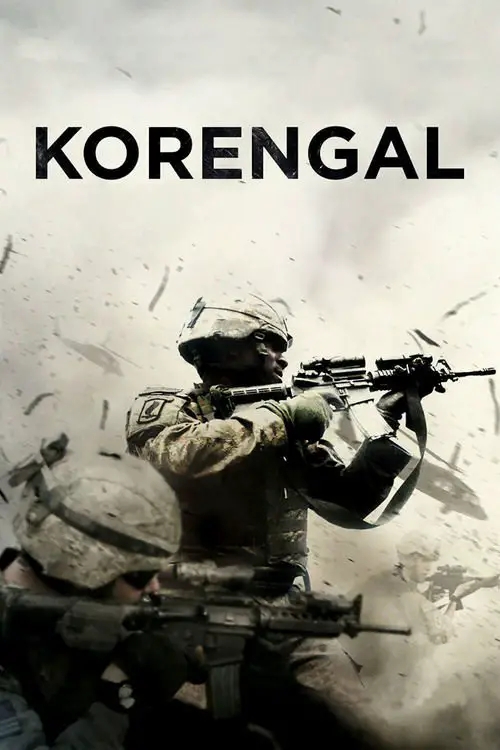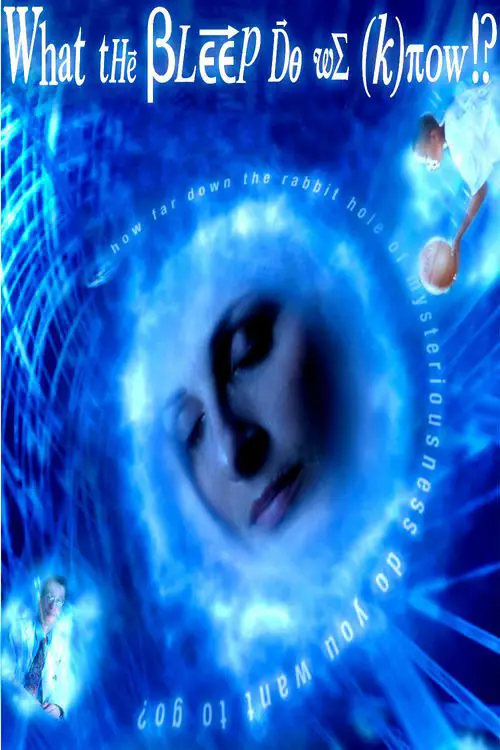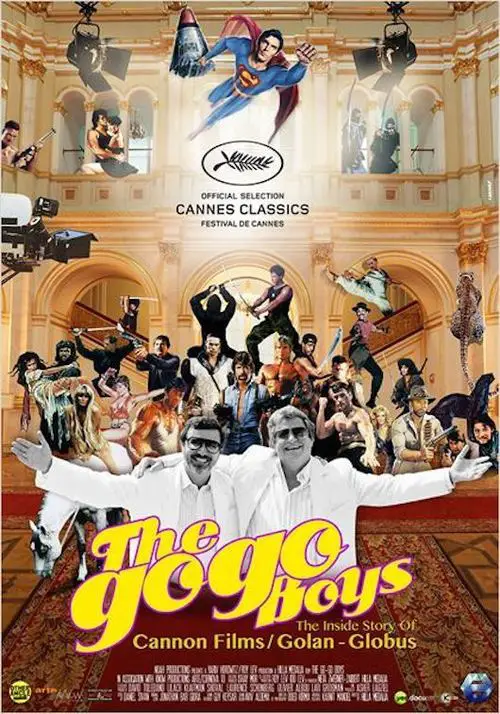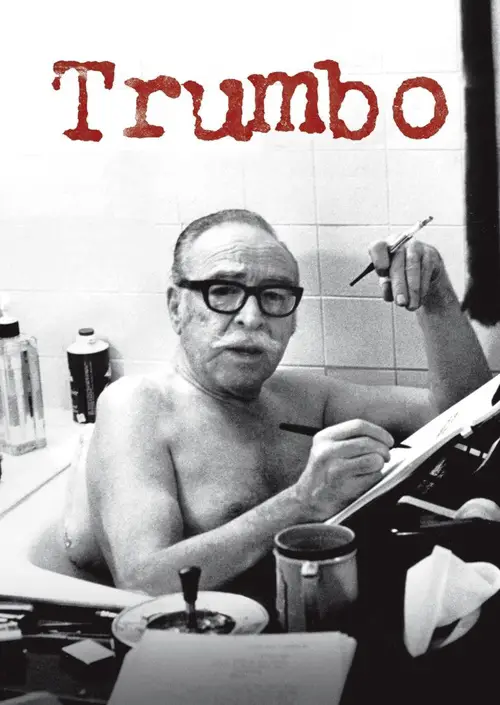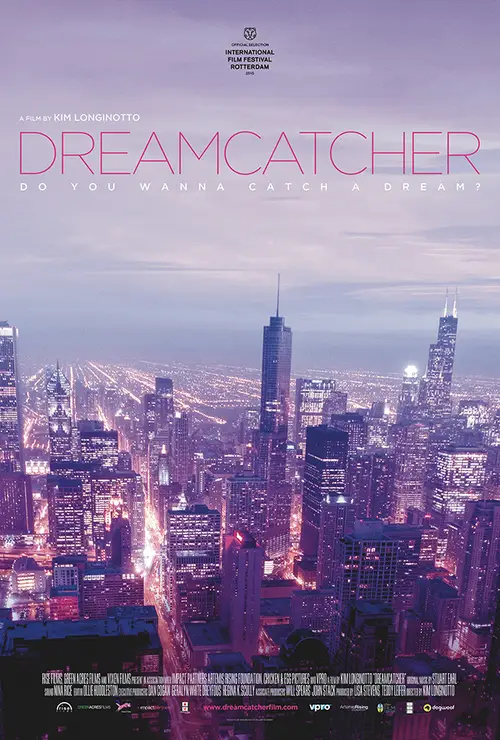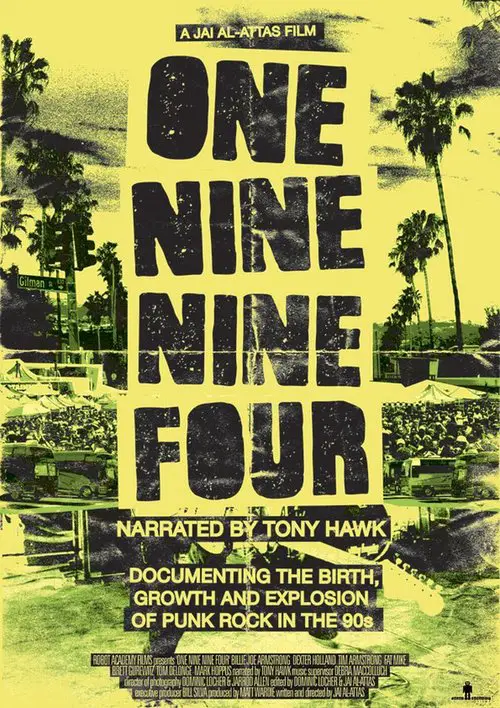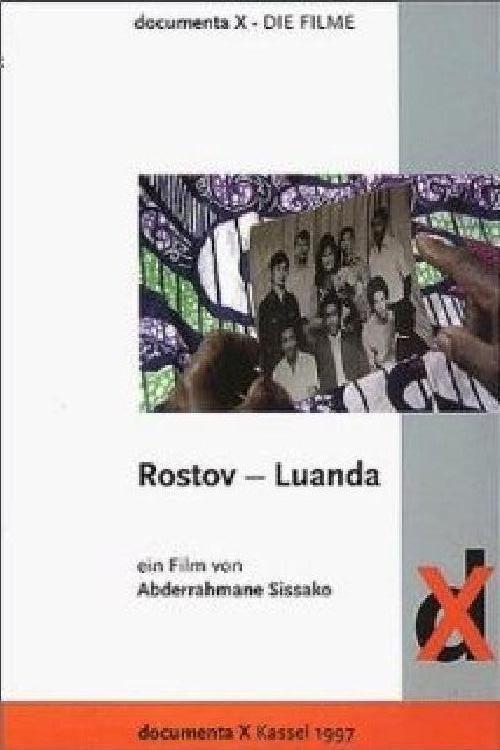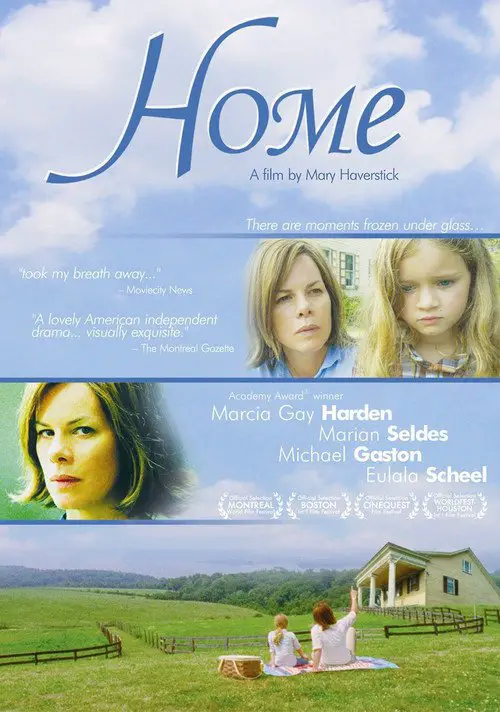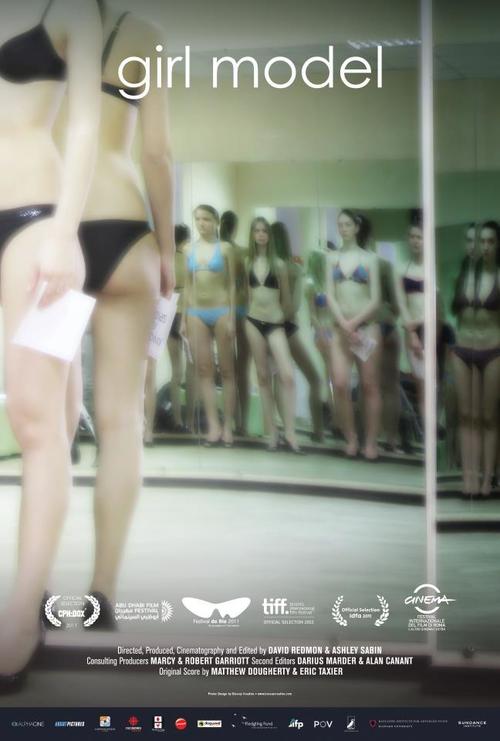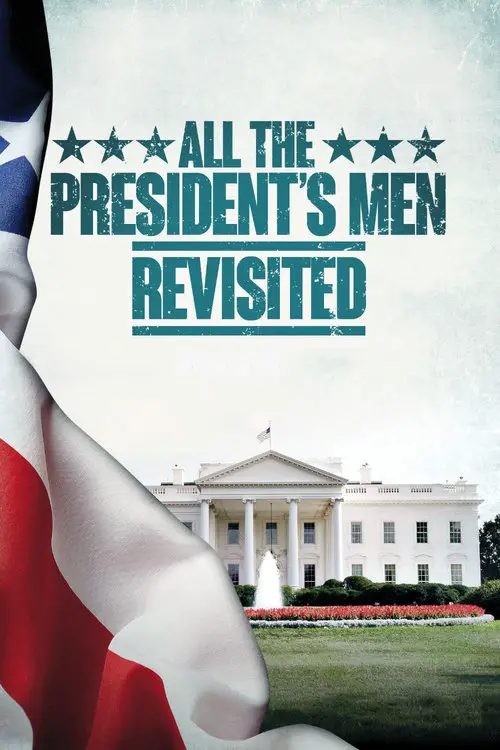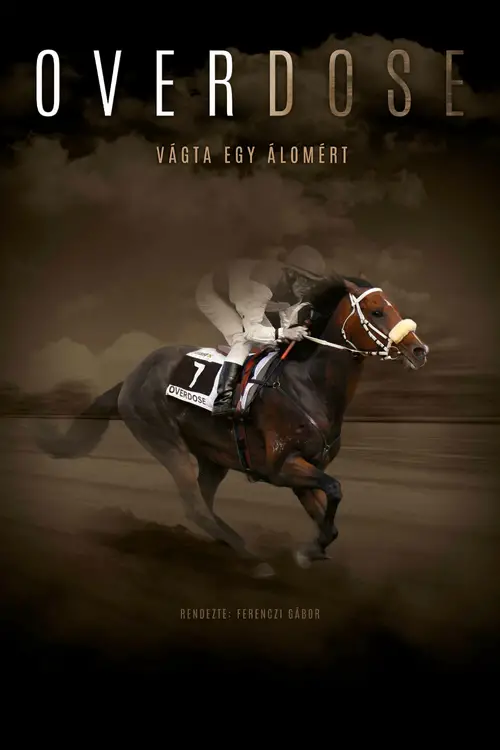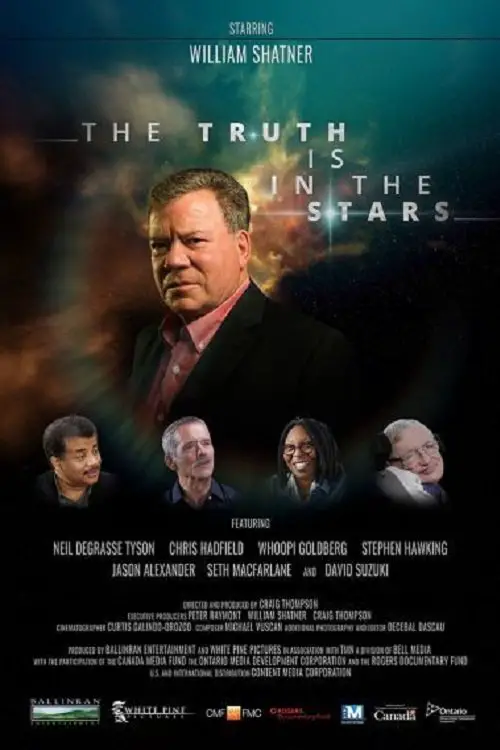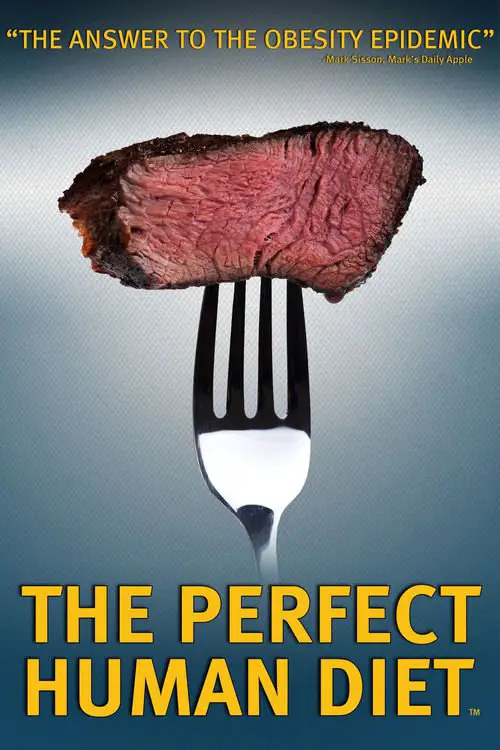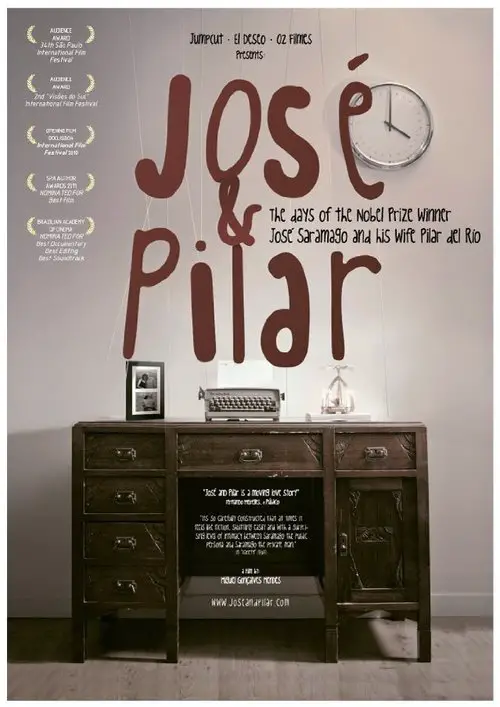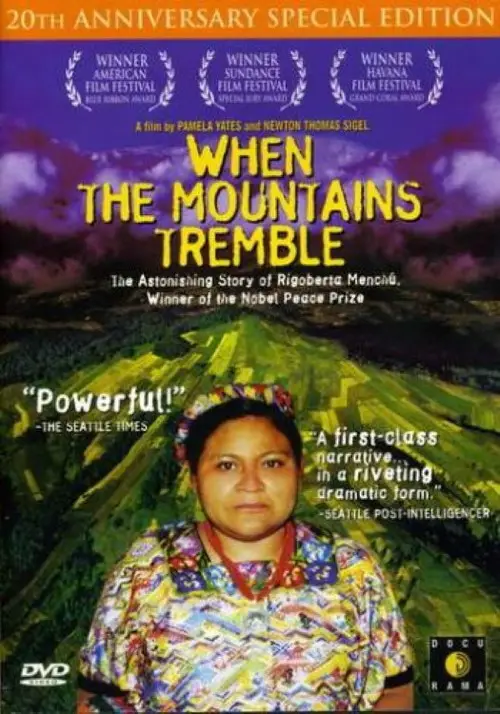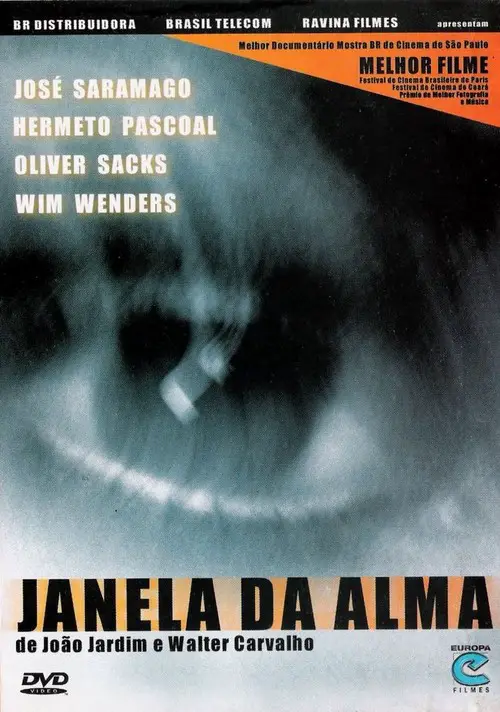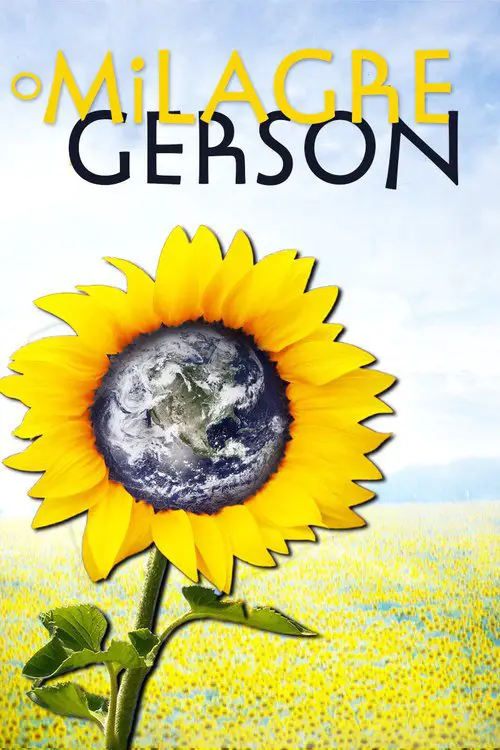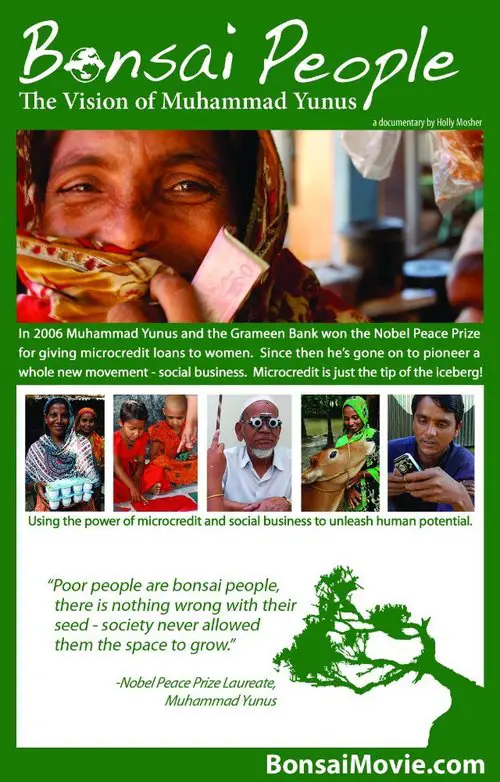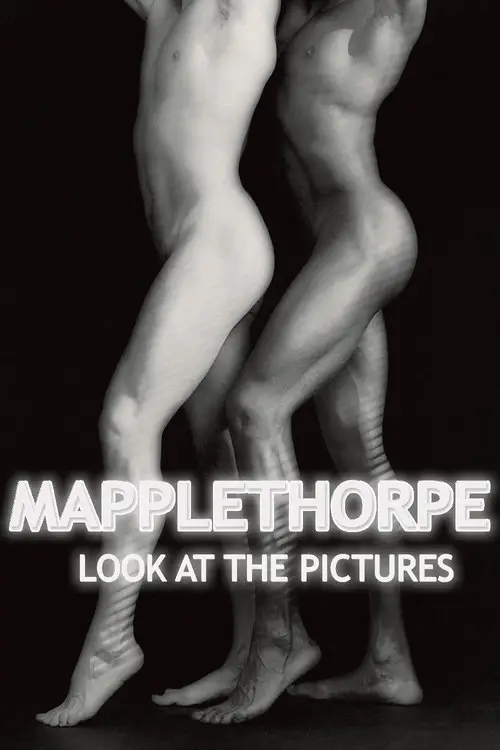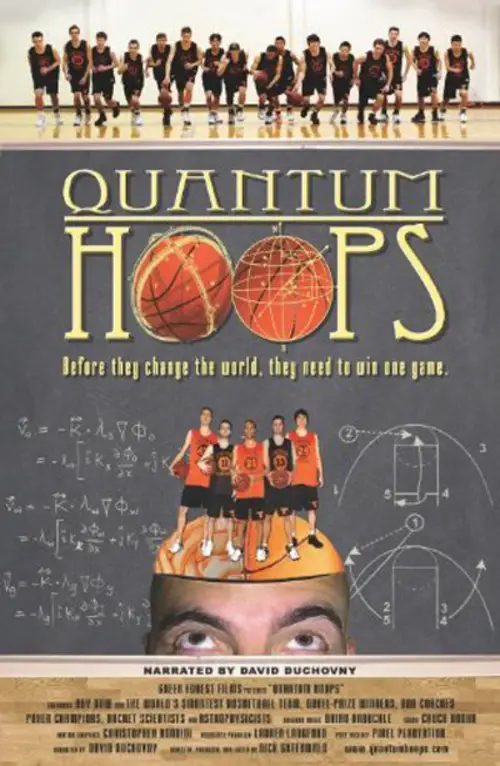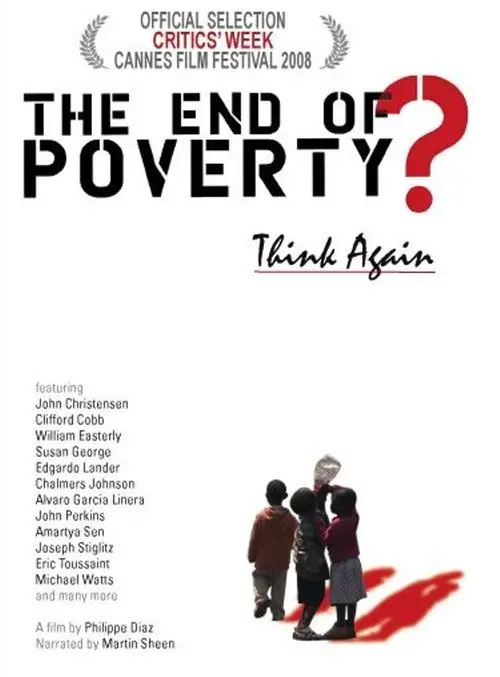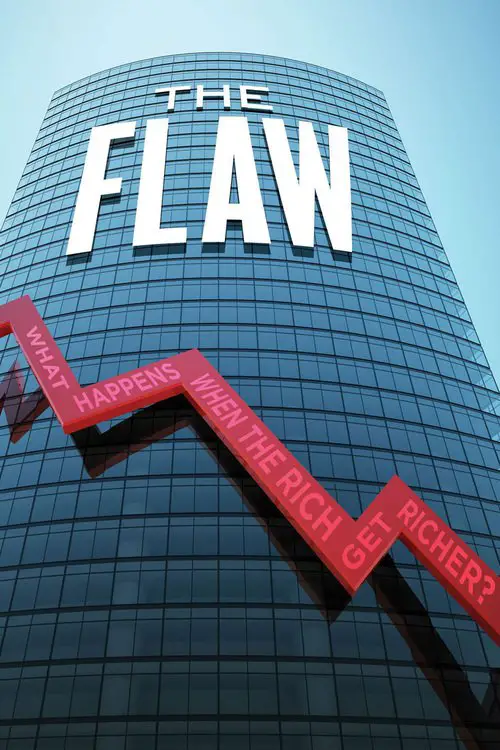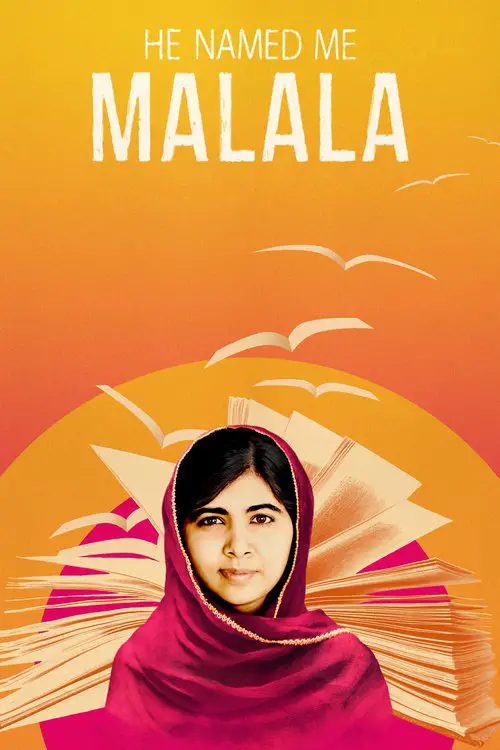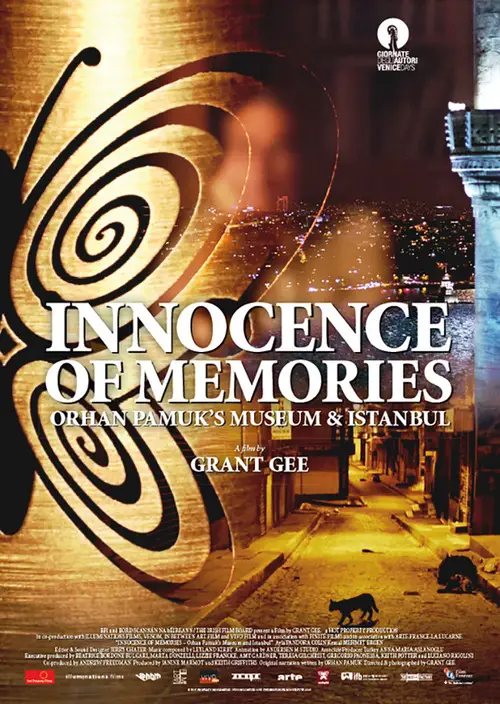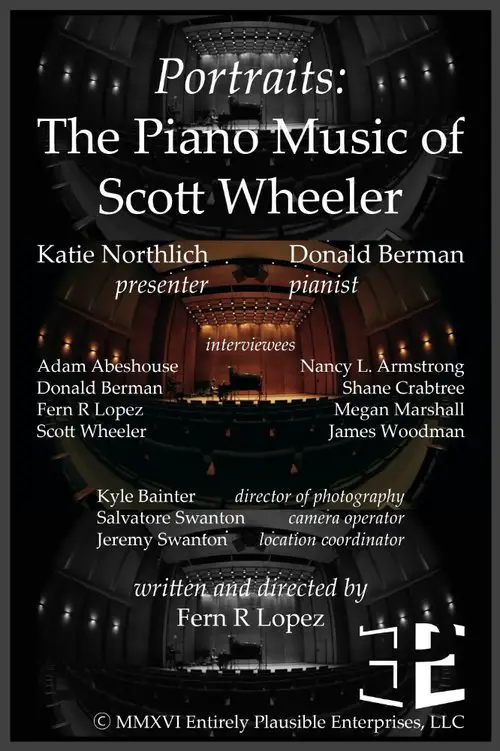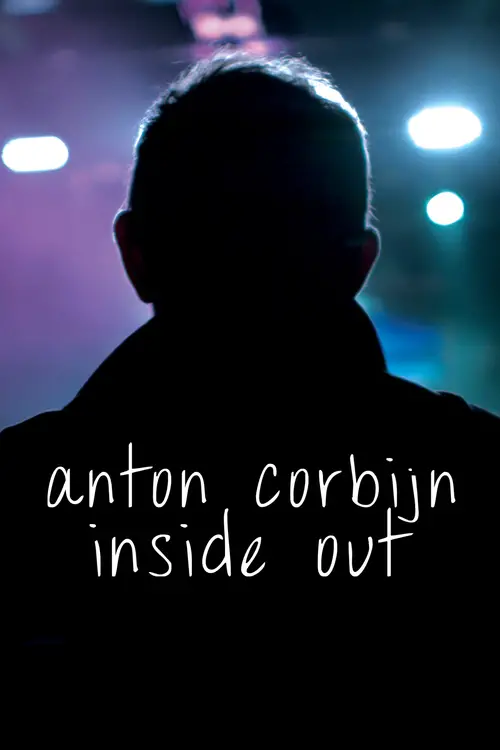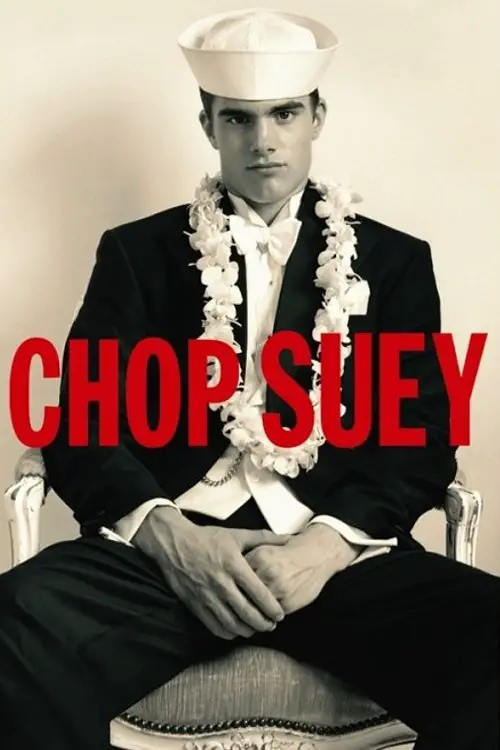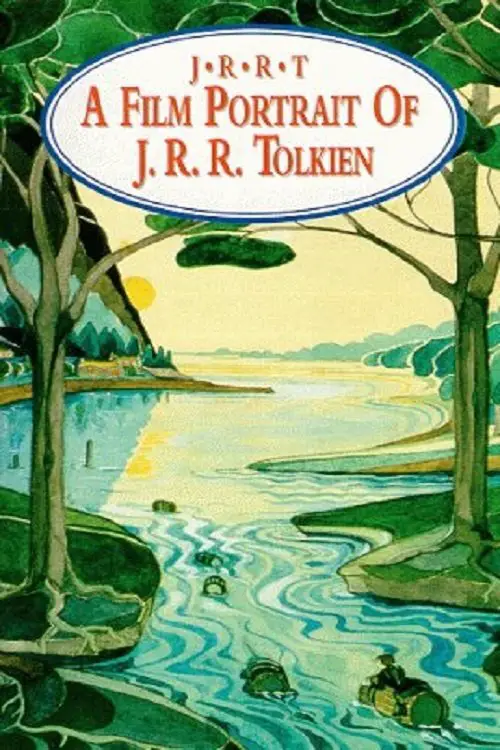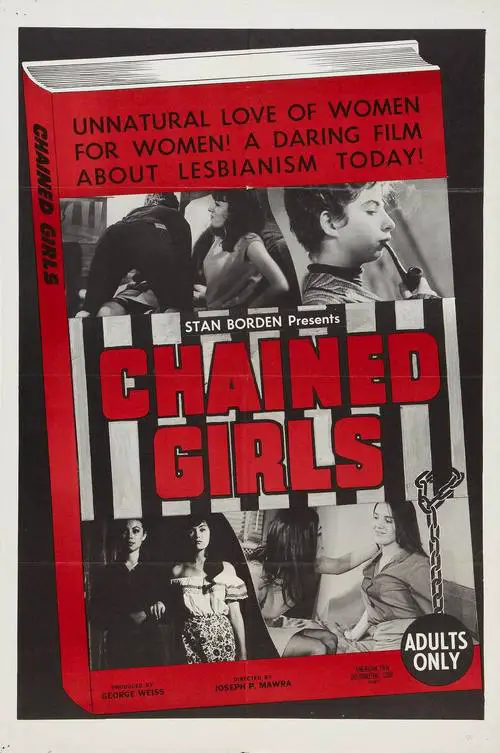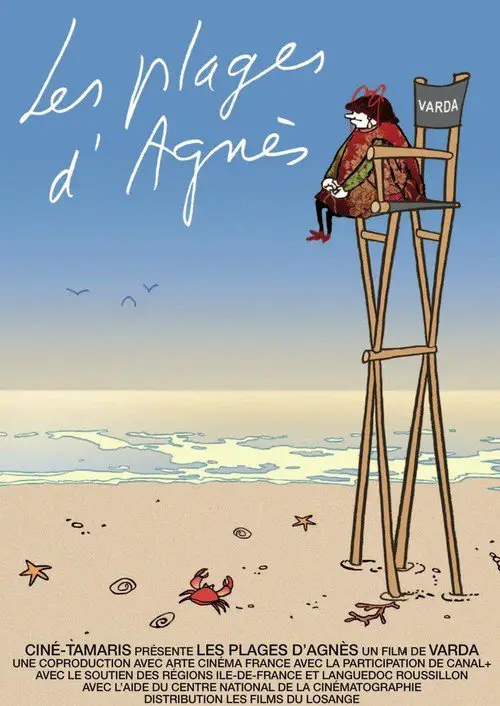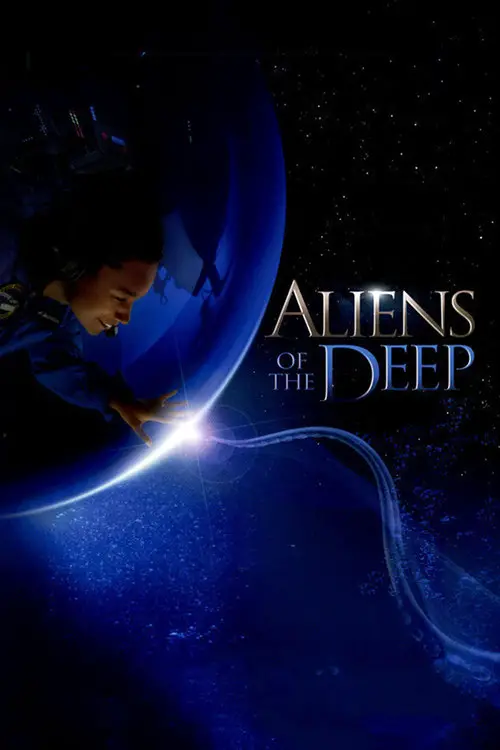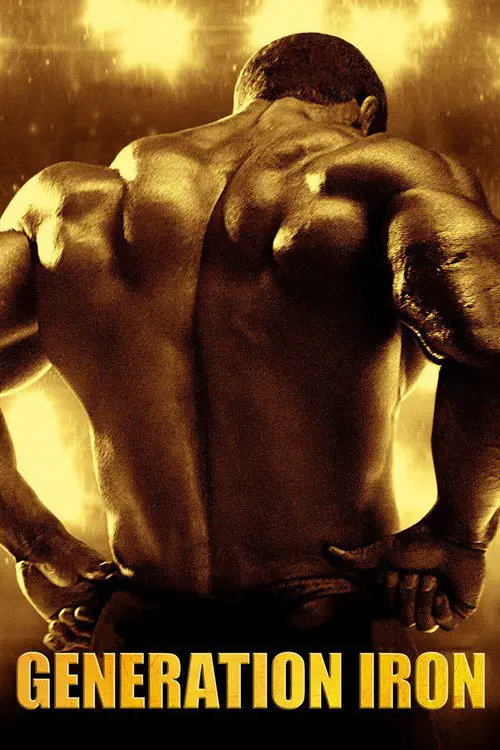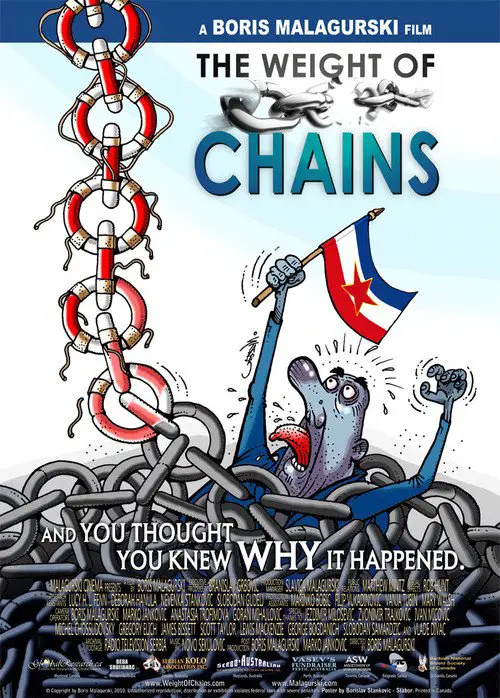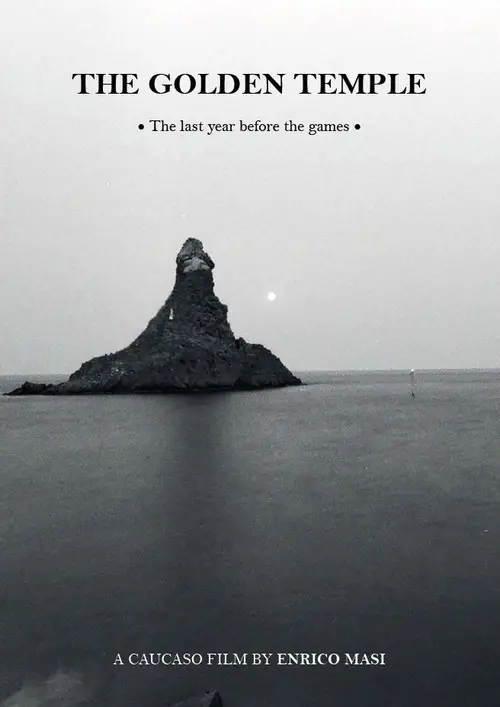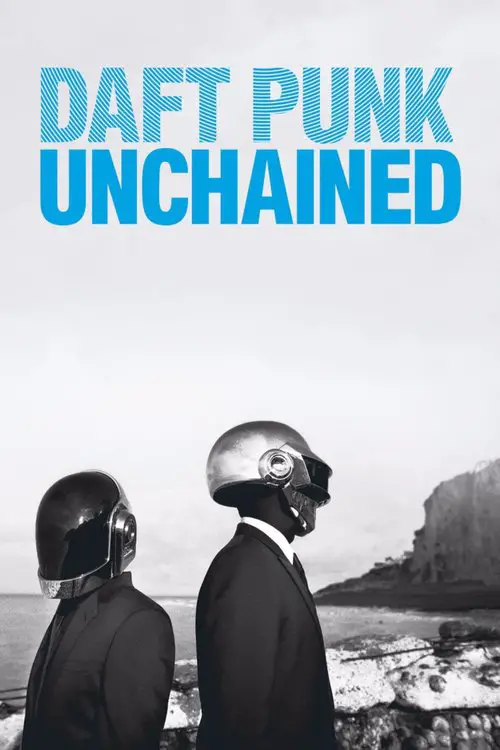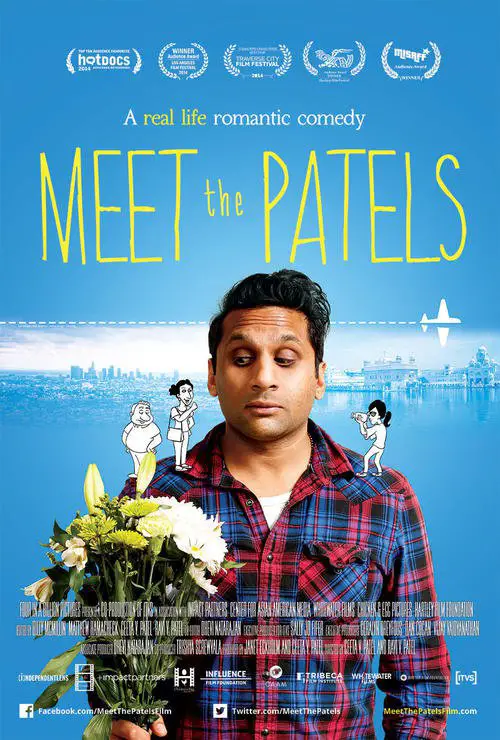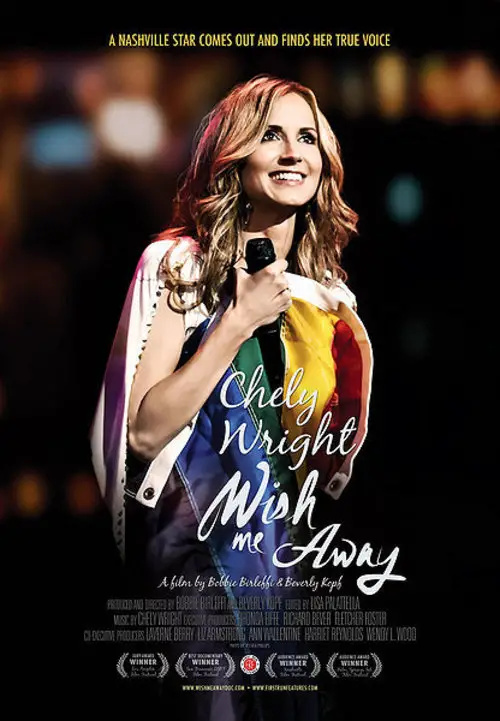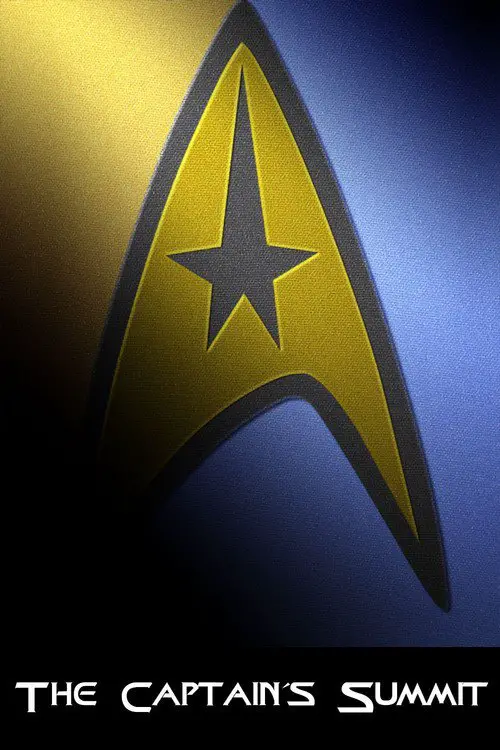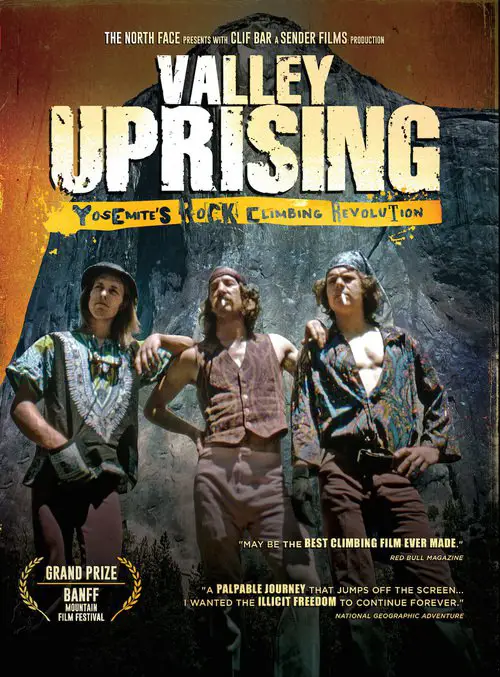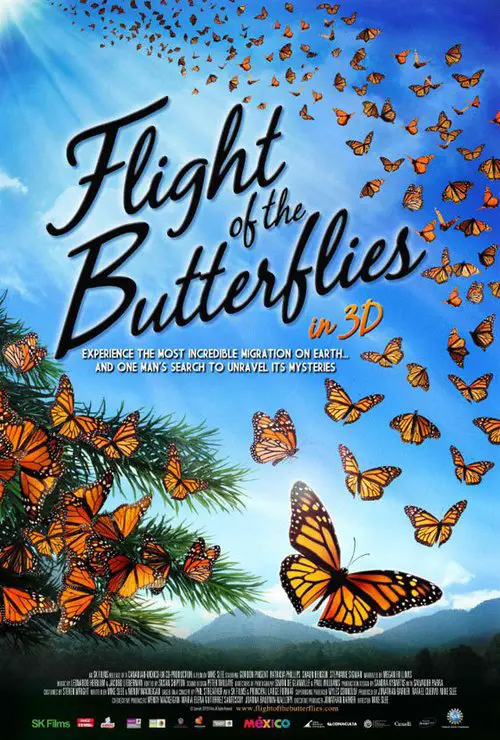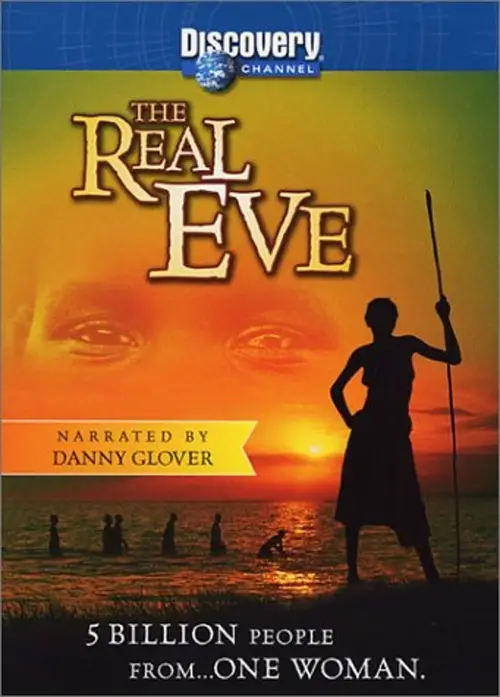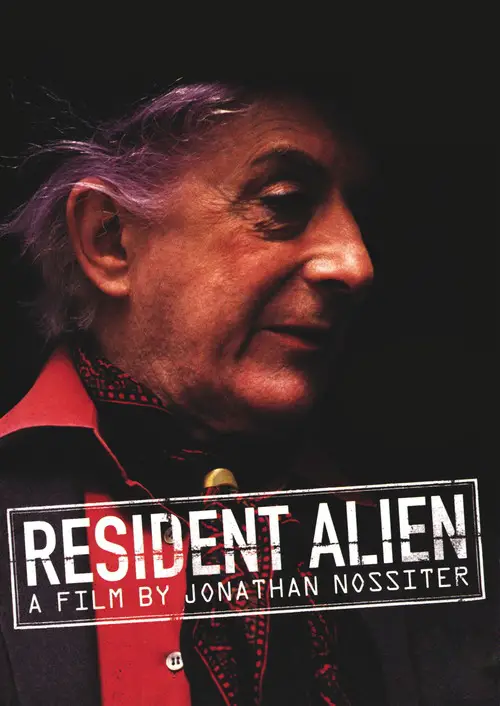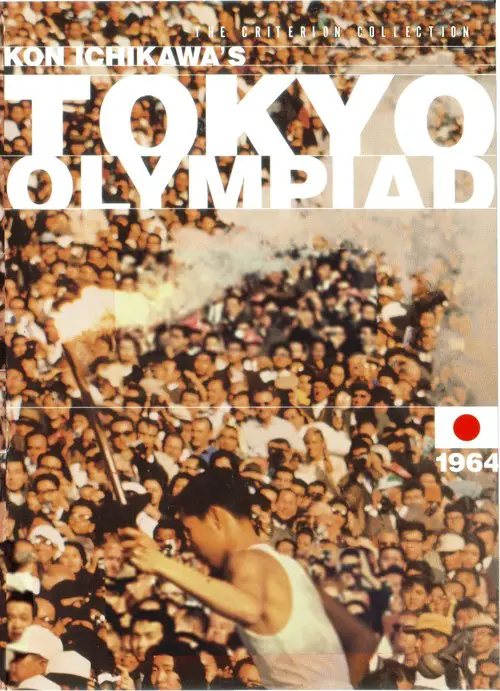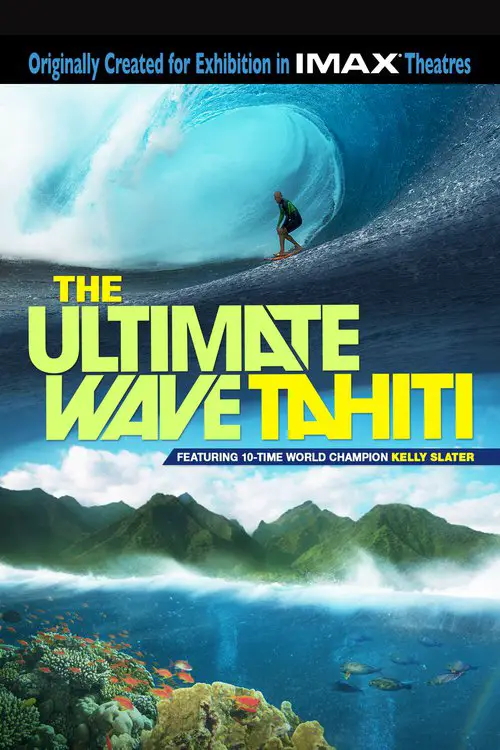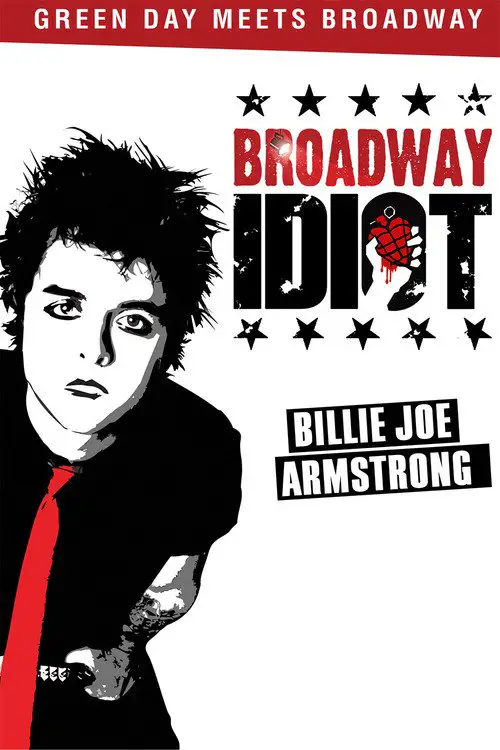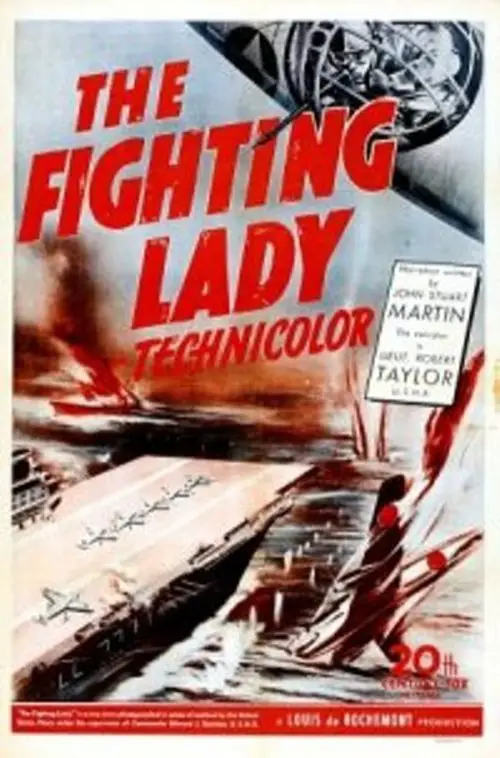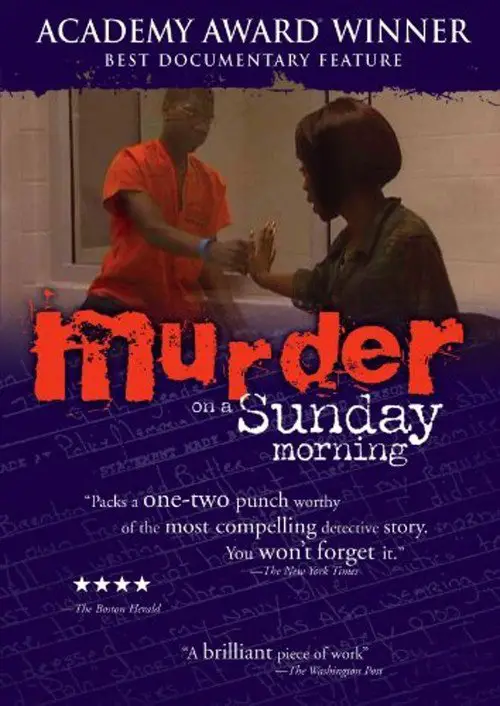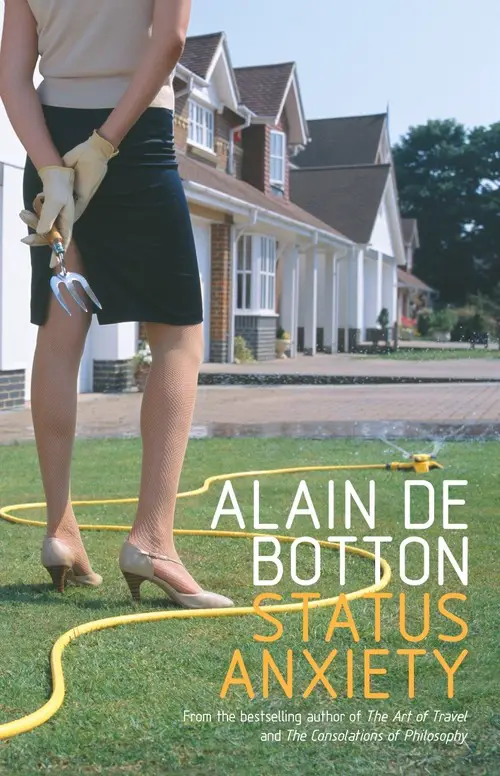The Price of Kings: Shimon Peres ()
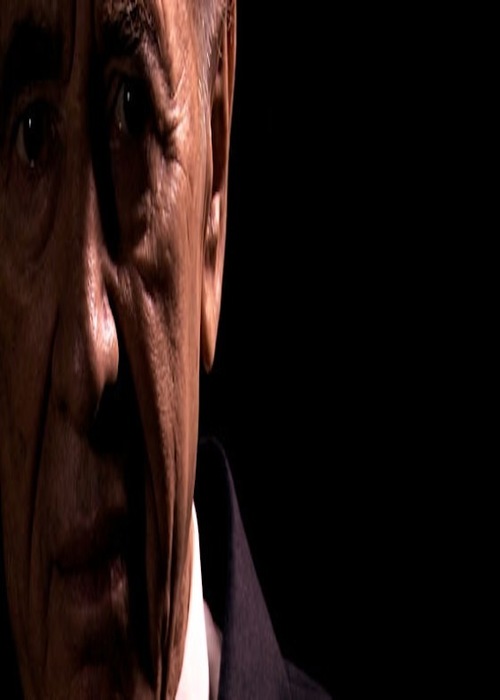
Similar movies
'We Were Here' is the first film to take a deep and reflective look back at the arrival and impact of AIDS in San Francisco, and how the City's inhabitants dealt with that unprecedented calamity. It explores what was not so easy to discern in the midst of it all - the parallel histories of suffering and loss, and of community coalescence and empowerment.
Affectionate portrait of Tim "Speed" Levitch, a tour guide for Manhattan's Gray Line double-decker buses. He talks fast, is in love with the city, and dispenses historical facts, architectural analysis, and philosophical musings in equal measures. He's reflective and funny about cruising: he loves it, got in it to meet women, and he'd quit work if he could. His personal life is disclosed in small
The story of a band of brothers who travel the world in search of the answers to the burning questions: Who am I? Who is Man? Why do we search for meaning? Their journey brings them into the middle of the lives of the homeless on the streets of New York City, the orphans and disabled children of Peru, and the abandoned lepers in the forests of Ghana, Africa. What the young men discover changes them forever. Through one on one interviews and real life encounters, the brothers are awakened to the beauty of the human person and the resilience of the human spirit.
Amanda (Marlee Maitlin) is a divorced woman who makes a living as a photographer. During the Fall of the year Amanda begins to see the world in new and different ways when she begins to question her role in life, her relationships with her career and men and what it all means. As the layers to her everyday experiences fall away insertions in the story with scientists, and philosophers and religious leaders impart information directly to an off-screen interviewer about academic issues, and Amanda begins to understand the basis to the quantum world beneath. During her epiphany as she considers the Great Questions raised by the host of inserted thinkers, Amanda slowly comprehends the various inspirations and begins to see the world in a new way.
Meeting People Is Easy takes place during the promotion of Radiohead's 1997 release OK Computer, containing a collage of video clips, sound bites, and dialogue going behind the scenes with the band on their world tour, showing the eventual burn-out of the group as the world tour progresses. The inaugural show of the OK Computer tour began on 22 May 1997 in Barcelona, Spain.
The Go-Go Boys tells the inside story of two Israeli-born cousins, the late Menahem Golan and Yoram Globus, who in pursuit of the âAmerican dreamâ turned the Hollywood establishment upside down. Together they produced more than 300 films and founded the most powerful independent film company in the world, Cannon Films, which was responsible for Israeli and mainstream, Hollywood-blockbuster, action/exploitation hits during the duoâs 1980s hey day, starring the likes of Chuck Norris, Jean-Claude Van Damme and Charles Bronson. Up close and personal, and with the complete cooperation of the filmâs subjects, the film examines the complex relationship between two contradictory personalities, whose combined force fueled their successes and eventual split. A film about filmmaking and two dogged, exceptional characters with modest origins taking on the big boys.
Through a focus on the life of Dalton Trumbo (1905-1976), this film examines the effects on individuals and families of a congressional pursuit of Hollywood Communists after World War II. Trumbo was one of several writers, directors, and actors who invoked the First Amendment in refusing to answer questions under oath. They were blacklisted and imprisoned. We follow Trumbo to prison, to exile in Mexico with his family, to poverty, to the public shunning of his children, to his writing under others' names, and to an eventual but incomplete vindication. Actors read his letters; his children and friends remember and comment. Archive photos, newsreels and interviews add texture. Written by
Longinotto's documentary is about Brenda Myers-Powell, who fights against sexual exploitation and supports prostitutes in Chicago. Brenda knows what she is talking about: her own story, involving teenage prostitution and a life of violence and abuse, is in stark contrast to her dauntless energy and optimism.
One Nine Nine Four is a documentary film written and directed by Jai Al-Attas, "exploring the birth, growth and eventual tipping point of punk rock during the 90s" . The bulk of the film's content consists of band interviews and archive footage. The film is narrated by skateboarder Tony Hawk and features interviews and footage of various bands and figures in the punk scene including Billie Joe Armstrong of Green Day, Dexter Holland from The Offspring, Greg Graffin and Brett Gurewitz from Bad Religion, Tim Armstrong, Matt Freeman (previously of Operation Ivy) and Lars Fredriksen from Rancid, Fat Mike from NOFX as well as Mark Hoppus and Tom DeLonge from Blink-182 .
Sissako visits a war-torn Angola after thirty years of war in search of a friend and thereby through interviews reflects on the lost utopias of a generation of Africans who experienced the liberation struggles. His camera is witness to the dislocation and despair of those he encounters living in Angola, however he also discovers the resilient spirit of Africa and optimism for its future in unexpected ways.
Inga is a mother with the soul of a poet at a crossroads. Her estranged husband Hermann is bereft of emotional support for her in the wake of her recovery from breast cancer, let alone her passion for buying and restoring and house that reminds her of her childhood home. She shares a close bond with her eight-year-old daughter, and though she is troubled by her decaying marriage, she retains a strong spirit of optimism, as expressed in her own writing.
Despite a lack of obvious similarities between Siberia and Tokyo, a thriving model industry connects these distant regions. GIRL MODEL follows two protagonists involved in this industry: Ashley, a deeply ambivalent model scout who scours the Siberian countryside looking for fresh faces to send to the Japanese market, and one of her discoveries, Nadya, a thirteen year-old plucked from the Siberian countryside and dropped into the center of Tokyo with promises of a profitable career. After Ashleyâs initial discovery of Nadya, the two rarely meet again, but their stories are inextricably bound. As Nadyaâs optimism about rescuing her family from their financial difficulties grows, her dreams contrast against Ashleyâs more jaded outlook about the industryâs corrosive influence.
Looks back at Watergate, the original game changer of America politics. How has Watergate changed the Presidency? What effect has the scandal had on our political leaders? And has hope and optimism forever been replaced in our national dialogue by doubt and cynicism? 2013 marks 40 years since 1973 - Watergate's most pivotal year. Reporters Bob Woodward and Carl Bernstein doggedly investigated the scandal exposing the long, twisted trail of cover-ups and lies.
As the carrier of a nation's hopes, there is a lot riding on Overdose. The successes of Hungary's premier racehorse have provided welcome relief from a decades-long legacy of fiscal austerity. But with Big Business cashing in on this symbol of optimism, the horse soon becomes a pawn in a game of egos and politics.
"The Perfect Human Diet" is an unprecedented global exploration to find a solution to our epidemic of overweight obesity and diet-related disease - the #1 killer in America. The film bypasses current dietary group-think by exploring modern dietary science, previous historical findings, ancestral native diets and the emerging field of human dietary evolution; revealing for the first time, the authentic human diet. Film audiences finally have the opportunity to see what our species really needs for optimal health and are introduced to a practical template based on these breakthrough scientific facts.
"José and Pilar," a documentary by Miguel Gonçalves Mendes, is a deeply moving story about love, loss and literature. It follows the days of José Saramago, the Nobel-laureate Portuguese novelist, and his wife, Pilar del Rio. The film shows their whirlwind life of international travel, his passion for completing his masterpiece, "The Elephant's Journey" and how their love quietly sustains them throughout.
Nineteen people with differing degrees of visual impairment - from mild nearsightedness to total blindness - discuss how they see themselves, how they see others and how they perceive the world. Writer and Nobel laureate José Saramago, musician Hermeto Paschoal, filmmaker Wim Wenders, blind Franco-Slovenian photographer Evgen Bavcar, neurologist Oliver Sacks, actress Marieta Severo, blind city councilman Arnaldo Godoy, among others, make personal and surprising revelations about various aspects of vision - the physiological working of the eye; the use of glasses and what it means about personality; the meaning of seeing or not seeing in a world saturated by images; and, also, the importance of emotions in transforming reality if, that is, there is such a thing common to all. Unusual images, of burning trees or empty deserts, link the interviews, which vary from deep to funny to poetic.
In 1928, Dr. Max Gerson, a German-Jewish researcher, stumbled upon a therapy that has cured tens of thousands of people worldwide since then, including patients's previously thought incurable by their doctors. For the first time, this film chronicles the epic true story of Gerson's miracle. A cure for cancer and most other chronic and degenerative diseases has been available since 1928. The therapy was developed by Max Gerson, MD, a German Jewish physician, hailed by Nobel Laureate Albert Schweitzer as, âthe most brilliant medical genius ever.â Nine Gerson patients relate stories of recovery from the most deadly cancers (liver, ovarian, pancreatic) up to nineteen years ago. Their inspiring testimonies are powerful evidence of the Therapyâs effectiveness. Charlotte Gerson also describes her lifelong efforts to keep the Therapy alive despite powerful opposition.
Nude men in rubber suits, close-ups of erections, objects shoved in the most intimate of placesâthese are photographs taken by Robert Mapplethorpe, known by many as the most controversial photographer of the twentieth century. Openly gay, Mapplethorpe took images of male sex, nudity, and fetish to extremes that resulted in his work still being labelled by some as pornography masquerading as art. But less talked about are the more serene, yet striking portraits of flowers, sculptures, and perfectly framed human forms that are equally pioneering and powerful.
While most sports films celebrate the quest for a championship, "Quantum Hoops" follows a team that is searching for a single win. The documentary chronicles the final week of the 2006 Caltech basketball season. The team is currently in the midst of a 21 year losing streak - over 240 consecutive conference losses. Caltech is annually considered one of the top 5 academic institutions in the world yet its athletic department always takes a back seat to the achievements of its world renowned faculty, Nobel prize winners, and advancements in the world of science and technology.
The End of Poverty? asks if the true causes of poverty today stem from a deliberate orchestration since colonial times which has evolved into our modern system whereby wealthy nations exploit the poor. People living and fighting against poverty answer condemning colonialism and its consequences; land grab, exploitation of natural resources, debt, free markets, demand for corporate profits and the evolution of an economic system in in which 25% of the world's population consumes 85% of its wealth. Featuring Nobel Prize winner Amartya Sen and Joseph Stiglitz, authors/activist Susan George, Eric Toussaint, Bolivian Vice President Alvaro Garcia Linera and more.
The story of the credit bubble that caused the financial crash. Through interviews with some of the world's leading economists, including housing expert Robert Shiller, Nobel laureate Joseph Stiglitz, and economic historian Louis Hyman, as well as Wall Street insiders and victims of the crash including Ed Andrews - a former economics correspondent for The New York Times who found himself facing foreclosure - and Andrew Luan, once a bond trader at Deutsche Bank now running his own Wall Street tour guide business, the film presents an original and compelling account of the toxic combination of forces that nearly destroyed the world economy.
Orhan Pamuk â Turkeyâs Nobel laureate for Literature â opens a museum in Istanbul. A museum thatâs a fiction: its objects trace a tale of doomed love in 70âs Istanbul. The film takes a tour of the objects as the starting point for a trip through images, landscapes and the chemistry of the city. A film about Istanbul, love, memory and loss.
A behind-the-scenes look into the first major recording of Scott Wheeler's piano music, including several musical portraits. Wheeler, best known for his operas, started composing musical portraits while studying under Virgil Thomson. The pieces are performed by pianist Donald Berman. It is hosted by Katie Northlich. Wheeler, Berman, and music producer Adam Abeshouse are interviewed. This documentary also features interviews with some of the portrait subjects: author Megan Marshall, artist Shane Crabtree, director Fern R Lopez, soprano Nancy L. Armstrong, and organist James Woodman. Excerpts from their musical portraits are heard so you can decide for yourself the first question that inevitably comes to mind: Does the portrait sound like it's subject?
J.R.R.T.: A Film Portrait of J.R.R. Tolkien is a 1996 documentary, narrated by Judi Dench, produced to celebrate the centenary of J.R.R. Tolkien's birth. It is sometimes called "J.R.R. Tolkien: A Portrait" and "J.R.R. Tolkien - An Authorized Film Portrait". It features archive footage and audio recordings of J.R.R. Tolkien, and interviews with three of his children Priscilla, John, and Christopher. It also includes interviews with Baillie Tolkien, Robert Murray, Queen Margrethe II of Denmark, Rayner Unwin, Tom Shippey, and Verlyn Flieger.
Shot from 1987 through 1998 on super 8, 16mm and video, Instrument is composed mainly of footage of concerts, interviews with the band members, practices, tours and time spent in the studio recording their 1995 album, Red Medicine. The film also includes portraits of fans as well as interviews with them at various Fugazi shows around the United States throughout the years.
For what it is "chained girls" is one of the best cinematic experiences I've ever had. This is the perfect companion/foil to the film "Before Stonewall." Rarely has a movie made me laugh so hard and so deeply. It could just be that it's a girl/girl thing, but there's something about seeing these stereo-types so sloppily portrayed. Really this film is a treat if you are in the right frame of mind and/or watching it with someone who truly has a firm grasp of irony. Invite some friends over, grab a bottle of wine and enjoy.
Filmmaking icon Agnès Varda, the award-winning director regarded by many as the grandmother of the French new wave, turns the camera on herself with this unique autobiographical documentary. Composed of film excerpts and elaborate dramatic re-creations, Varda's self-portrait recounts the highs and lows of her professional career, the many friendships that affected her life and her longtime marriage to cinematic giant Jacques Demy.
The Weight of Chains is a Canadian documentary film that takes a critical look at the role that the US, NATO and the EU played in the tragic breakup of a once peaceful and prosperous European state - Yugoslavia. The film, bursting with rare stock footage never before seen by Western audiences, is a creative first-hand look at why the West intervened in the Yugoslav conflict, with an impressive roster of interviews with academics, diplomats, media personalities and ordinary citizens of the former Yugoslav republics. This film also presents positive stories from the Yugoslav wars - people helping each other regardless of their ethnic background, stories of bravery and self-sacrifice.
First Descent is a 2005 documentary film about snowboarding and its beginning in the 1980s. The snowboarders featured in this movie (Shawn Farmer, Nick Perata, Terje Haakonsen, Hannah Teter and Shaun White with guest appearances from Travis Rice) represent three generations of snowboarders and the progress this young sport has made over the past two decades. Most of the movie was shot in Alaska.
Daft Punk Unchained is the first film about the pop culture phenomenon that is Daft Punk, the duo with 12 million albums sold worldwide and seven Grammy Awards. Throughout their career Thomas Bangalter and Guy-Manuel de Homem-Christo have always resisted compromise and the established codes of show business. They have remained determined to maintain control of every link in the chain of their creative process. In the era of globalisation and social networks, they rarely speak in public and neither do they show their faces on TV. This documentary explores this unprecedented cultural revolution revealing a duo of artists on a permanent quest for creativity, independence and freedom.
Documentary filmmaker Robert Kenner examines how mammoth corporations have taken over all aspects of the food chain in the United States, from the farms where our food is grown to the chain restaurants and supermarkets where it's sold. Narrated by author and activist Eric Schlosser, the film features interviews with average Americans about their dietary habits, commentary from food experts like Michael Pollan and unsettling footage shot inside large-scale animal processing plants.
Finding love is never easy. For Ravi Patel, a first generation Indian-American, the odds are slim. His ideal bride is beautiful, smart, funny, family-oriented, kind andâin keeping with traditionâIndian (though hopefully raised in the US). Oh, and her last name should be Patel because in India, Patels usually marry other Patels. And so at 30, Ravi decides to break up with his American girlfriend (the one who by all accounts is perfect for him except for her red hair and American name) and embark on a worldwide search for another Patel longing to be loved. He enlists the help of his matchmaker mother, attends a convention of Patels living in the US and travels to wedding season in India. Witty, honest and heartfelt, this comedy explores the questions with which we all struggle: What is love? What is happiness? And how in the world do we go about finding them?
Facebook is for âold peopleâ and baggy pants are almost vintage. We are the generation that now has to learn to fit in the shoes of grown-ups. We are the generation "not-as-young-as-we-thought-we-were" - Y. This documentary tells our journey through the different generations and which milestones our lives hold from the viewpoint of a modern "social and connected" society. We met people of the generations before and after us, to find out what matters to them, what unites them and also divides them. We talked about communication, family, work and aging. We learned about ways of life, dreams and goals. This isnât just a movie about generations. This is a movie about finding oneâs place. This is a movie about growing up, growing old and everything in between. This is a movie about life.
After a lifetime of hiding, Chely Wright becomes the first commercial country music singer to come out as gay, shattering cultural stereotypes within Nashville, per conservative heartland family and, most importantly, within herself. With unprecedented access over a two-year period, including her private video diaries, the film layers Chely's rise to fame while hiding in the late 90's with the execution of her coming out plan, culminating in the exciting moment when she steps into the media glare to reveal she is gay. The film shows both the devastation of internalized homophobia and the transformational power of living an authentic life. The film also documents the conflicting responses from Nashville, the heartland and the LGBT community as Chely Wright prepares for an unknown future.
The Captains Summit documents the first time in Star Trek history that four stars who at some point have played Captains in Star Trek (William Shatner, Patrick Stewart, Leonard Nimoy, Jonathan Frakes) have been brought together for a 70-minute rare and unprecedented round table event. Whoopi Goldberg, star of Star Trek: The Next Generation, hosts the event.
In the shady campgrounds of Yosemite valley, climbers carved out a counterculture lifestyle of dumpster-diving and wild parties that clashed with the conservative values of the National Park Service. And up on the walls, generation after generation has pushed the limits of climbing, vying amongst each other for supremacy on Yosemite's cliffs. "Valley Uprising" is the riveting, unforgettable tale of this bold rock climbing tradition in Yosemite National Park: half a century of struggle against the laws of gravity -- and the laws of the land.
It takes two or three generations for the monarch butterfly to reach the Canadian breeding grounds, but it is one "supergeneration" that makes the 2,000 mile return trip back south into central Mexico. The documentary film covers Dr Fred Urquhart's interest in monarch butterflies, with perspectives of Urquhart as a child wondering where the butterflies went, his years of research and study into their life and migration, to his time decades-later as a senior scientist looking back at his investigations and discoveries about the insect's life pattern.
The made-for-cable documentary film The Real Eve is predicated on the theory that the human race can be traced to a common ancestor. The mitochondrial DNA of one prehistoric woman, who lived in Africa, has according to this theory been passed down from generation to generation over a span of 150,000 years, supplying the "chemical energy" to all humankind.
At age 73, writer and melancholy master of the bon mot, Quentin Crisp (1908-1999), became an Englishman in New York. Rossiter's camera follows Crisp about the streets of Manhattan, where Crisp seems very much at home, wearing eye shadow, appearing on a makeshift stage, making and repeating wry observations, talking to John Hurt (who played Crisp in the autobiographical TV movie, "The Naked Civil Servant"), and dining with friends. Others who know Crisp comment on him, on his life as an openly gay man with an effeminate manner, and on his place in the history of gays' social struggle. The portrait that emerges is of one wit and of suffering.
Kon Ichikawa documents the 1964 Summer Olympics in Tokyo. Like Leni Riefenstahl's Olympia, which documented the 1936 Summer Olympics in Berlin, Ichikawa's film was considered a milestone in documentary filmmaking. However, Tokyo Olympiad keeps its focus more on the atmosphere of the games and the human side of the athletes instead of concentrating only on the winners and the results.
Broadway Idiot follows Green Day's Billie Joe Armstrong from a punk rock concert at Madison Square Garden to the opening of his musical American Idiot on Broadway - only ten blocks away, but worlds apart. From behind the curtain share in the crazy journey of turning the mega-hit album into a punk rock musical - and ultimately see how the world of theater transformed Billie Joe.
Oscar winner William Wyler directed this 1944 "newsdrama," narrated by Lieut. Robert Taylor, USNR (Bataan), and photographed in zones of combat by the U.S. Navy. The film follows one of the many new aircraft carriers built since Pearl Harbor, known as THE FIGHTING LADY in honor of all American carriers, as it goes into action against the Japanese in the Pacific Ocean in 1943. See the ship and its pilots undergo their baptism of fire, attacking the Japanese base on Marcus Island.
© Valossa 2015–2026
| Privacy Policy
